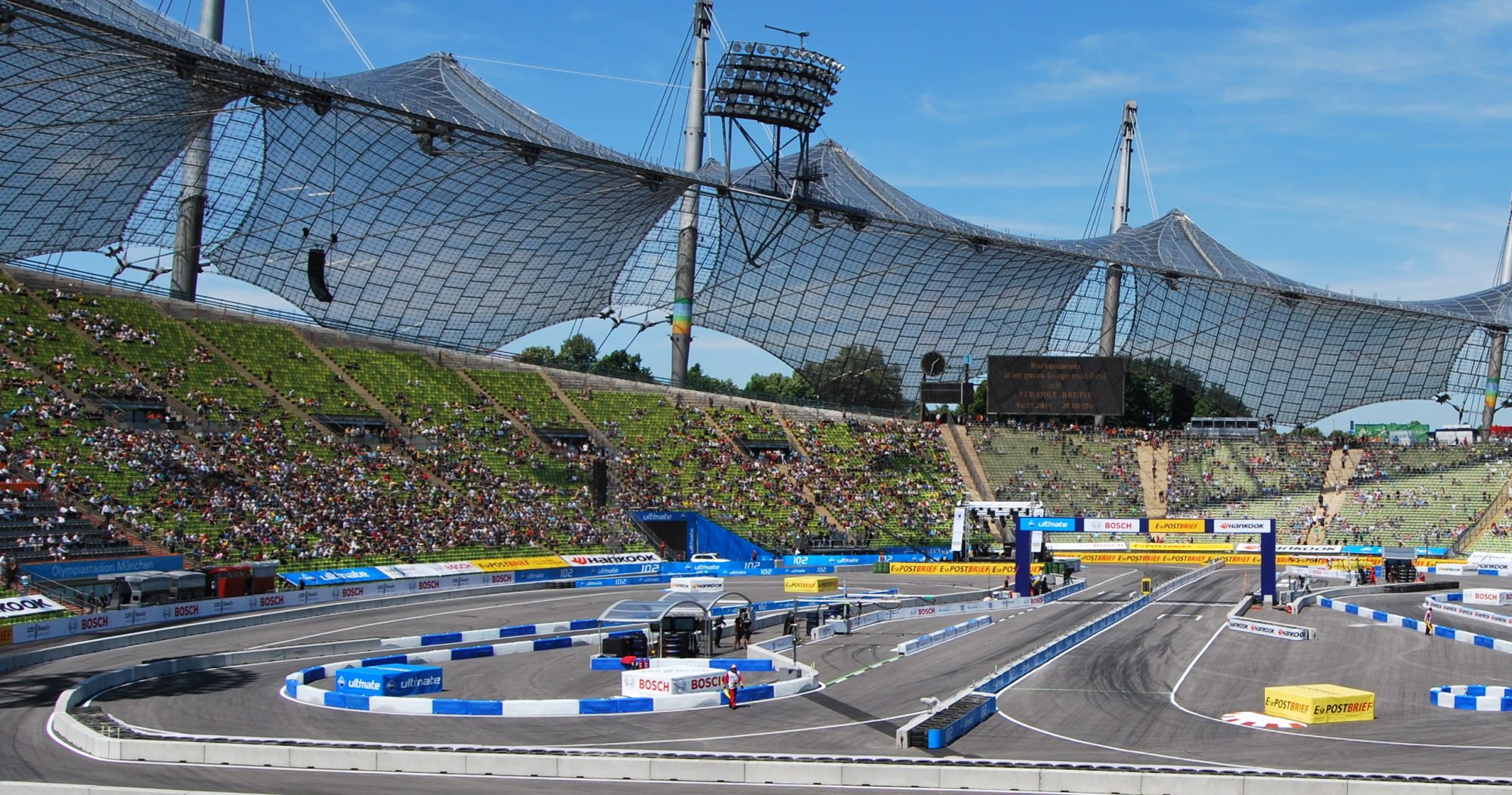The last 3 days I tried to install kubernetes 1.25.4 on a Debian 11 (Bullseye) box without success. The problem was that the kubeadm init process always hangs with the message:
....
[wait-control-plane] Waiting for the kubelet to boot up the control plane as static Pods from directory "/etc/kubernetes/manifests". This can take up to 4m0s
I1121 08:17:12.320743 8096 round_trippers.go:466] curl -v -XGET -H "Accept: application/json, */*" -H "User-Agent: kubeadm/v1.25.4 (linux/amd64) kubernetes/fdc7750" 'https://x.x.y.y:6443/healthz?timeout=10s'
I1121 08:17:12.321047 8096 round_trippers.go:508] HTTP Trace: Dial to tcp:x.x.y.y:6443 failed: dial tcp x.x.y.y:6443: connect: connection refused
....Even as I tried several different tutorials and guidelines I failed to solve this issue. (See also here)
Using cri-o instead of containerd…..
Kuberentes supports different Container Runtimes. containerd is only one of them. Maybe containerd and Debian 11 are not the best friends. I don’t know…
cri-o is an alterative lightweight Container Runtime for Kubernetes. After I switched from containerd to cri-o everything worked like a charm. So here is my short guideline how to install cri-o on a fresh Debian 11 box.
Note: If you have already installed containerd you need to remove it first!
Install cri-o on Debian 11
As usual for kuberentes first make sure that you have enabled the necessary enable kernel modules and setup the iptables:
$ sudo modprobe overlay
$ sudo modprobe br_netfilter
$ sudo tee /etc/sysctl.d/kubernetes.conf<<EOF
net.bridge.bridge-nf-call-ip6tables = 1
net.bridge.bridge-nf-call-iptables = 1
net.ipv4.ip_forward = 1
EOF
$ sudo sysctl --system
Next you need to add the repositories maintained by opensuse.org:
$ sudo -i
$ OS=Debian_11
$ VERSION=1.23
$ echo "deb https://download.opensuse.org/repositories/devel:/kubic:/libcontainers:/stable/$OS/ /" > /etc/apt/sources.list.d/devel:kubic:libcontainers:stable.list
echo "deb http://download.opensuse.org/repositories/devel:/kubic:/libcontainers:/stable:/cri-o:/$VERSION/$OS/ /" > /etc/apt/sources.list.d/devel:kubic:libcontainers:stable:cri-o:$VERSION.list
$ curl -L https://download.opensuse.org/repositories/devel:kubic:libcontainers:stable:cri-o:$VERSION/$OS/Release.key | apt-key add -
$ curl -L https://download.opensuse.org/repositories/devel:/kubic:/libcontainers:/stable/$OS/Release.key | apt-key add -Now you can start installing cri-o from the new repository:
$ sudo apt update
$ sudo apt-get install -y cri-o cri-o-runc
$ sudo apt-mark hold cri-o cri-o-runc
# Start and enable CRI-O
$ sudo systemctl daemon-reload
$ sudo systemctl enable crio --nowThat’s it. To verify if your cri-o runtime is up and running call:
$ sudo systemctl status crio
● crio.service - Container Runtime Interface for OCI (CRI-O)
Loaded: loaded (/lib/systemd/system/crio.service; enabled; vendor preset: enabled)
Active: active (running) since Mon 2022-11-21 15:14:44 UTC; 21min ago
Docs: https://github.com/cri-o/cri-o
Main PID: 2372 (crio)
Tasks: 12
Memory: 770.4M
CPU: 28.268s
CGroup: /system.slice/crio.service
└─2372 /usr/bin/crio
Nov 21 15:18:12 master-1 crio[2372]: time="2022-11-21 15:18:12.035184530Z" level=info msg="Created container 0878bbfc957e8a7fb069b83a9101c9386d0bee5ea14c10c81ea0379c14cd3240: kube>
Nov 21 15:18:12 master-1 crio[2372]: time="2022-11-21 15:18:12.038925952Z" level=info msg="Starting container: 0878bbfc957e8a7fb069b83a9101c9386d0bee5ea14c10c81ea0379c14cd3240" id>
Nov 21 15:18:12 master-1 crio[2372]: time="2022-11-21 15:18:12.049779604Z" level=info msg="Started container" PID=9385 containerID=0d50842810cb5a0632b137a16e1d29845f4dc3cb9e8e8fc3>
Nov 21 15:18:12 master-1 crio[2372]: time="2022-11-21 15:18:12.063878077Z" level=info msg="Started container" PID=9383 containerID=0878bbfc957e8a7fb069b83a9101c9386d0bee5ea14c10c8>
Nov 21 15:22:56 master-1 crio[2372]: time="2022-11-21 15:22:56.803994649Z" level=info msg="Checking image status: registry.k8s.io/pause:3.8" id=2521c53d-4b83-4b95-8501-363d83ac149>
Nov 21 15:22:56 master-1 crio[2372]: time="2022-11-21 15:22:56.804517064Z" level=info msg="Image status: &ImageStatusResponse{Image:&Image{Id:4873874c08efc72e9729683a83ffbb7502ee7>
Nov 21 15:27:56 master-1 crio[2372]: time="2022-11-21 15:27:56.810307321Z" level=info msg="Checking image status: registry.k8s.io/pause:3.8" id=4b38e75e-8e03-4007-8554-323eb6c404a>
Nov 21 15:27:56 master-1 crio[2372]: time="2022-11-21 15:27:56.810772581Z" level=info msg="Image status: &ImageStatusResponse{Image:&Image{Id:4873874c08efc72e9729683a83ffbb7502ee7>
Nov 21 15:32:56 master-1 crio[2372]: time="2022-11-21 15:32:56.814927245Z" level=info msg="Checking image status: registry.k8s.io/pause:3.8" id=ba81dd6e-491d-43ed-a114-5b69a980569>
Nov 21 15:32:56 master-1 crio[2372]: time="2022-11-21 15:32:56.815618456Z" level=info msg="Image status: &ImageStatusResponse{Image:&Image{Id:4873874c08efc72e9729683a83ffbb7502ee7Now you can start init your kubernetes cluster:
$ sudo kubeadm init --pod-network-cidr=10.244.0.0/16 